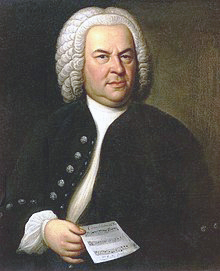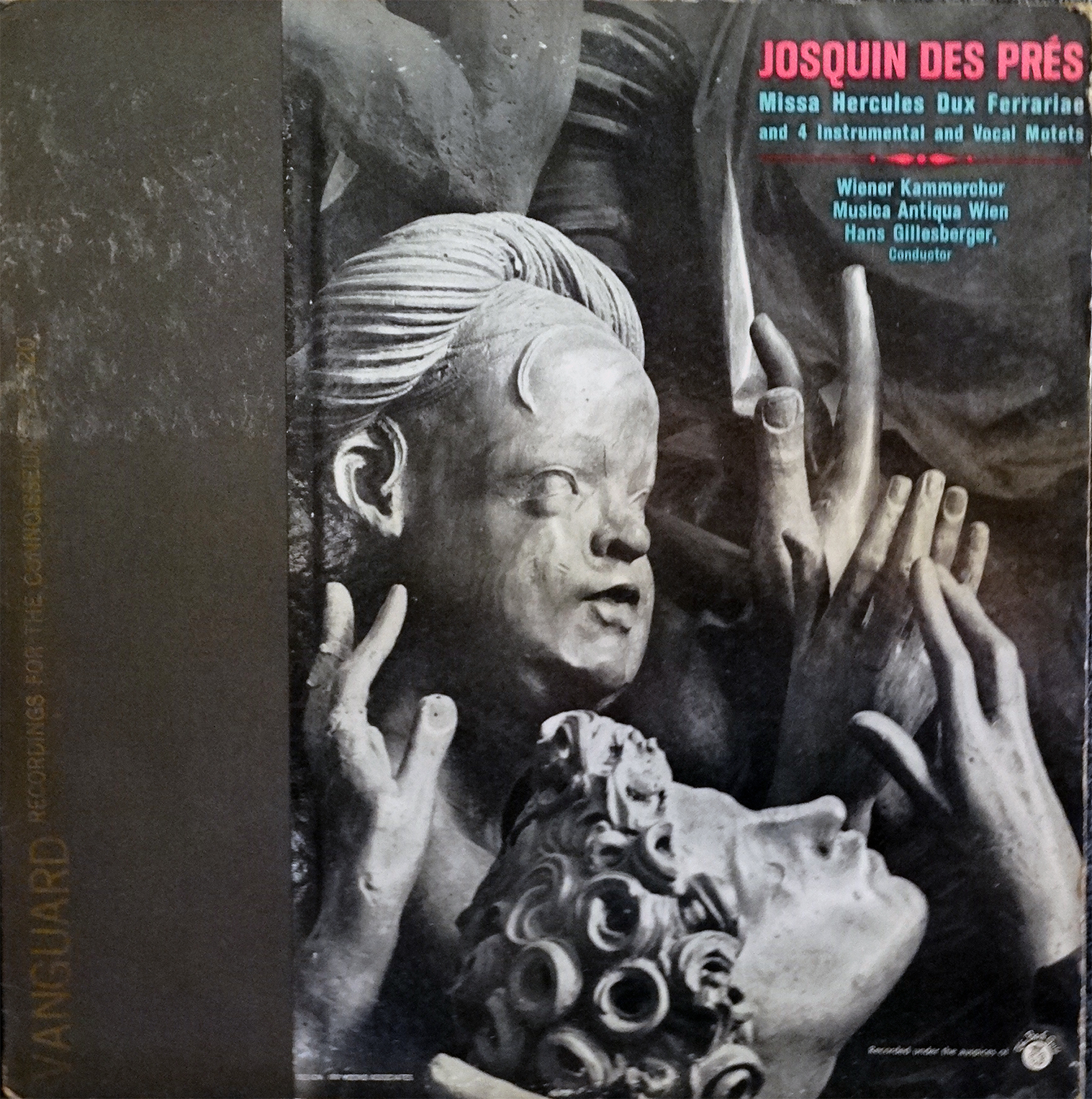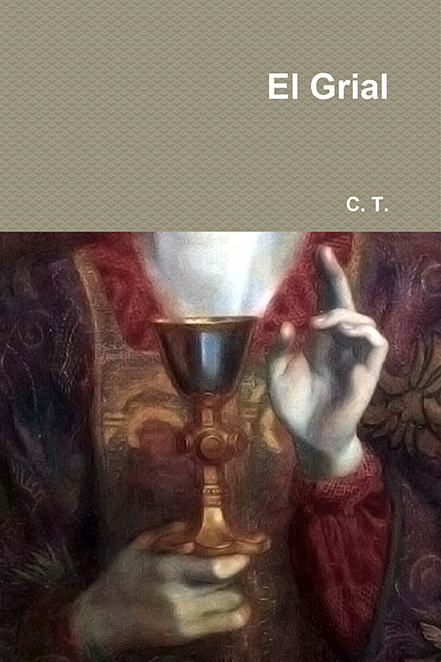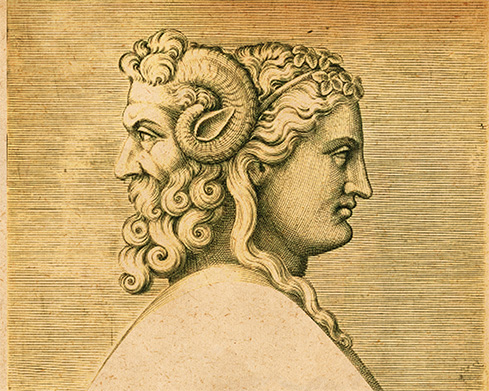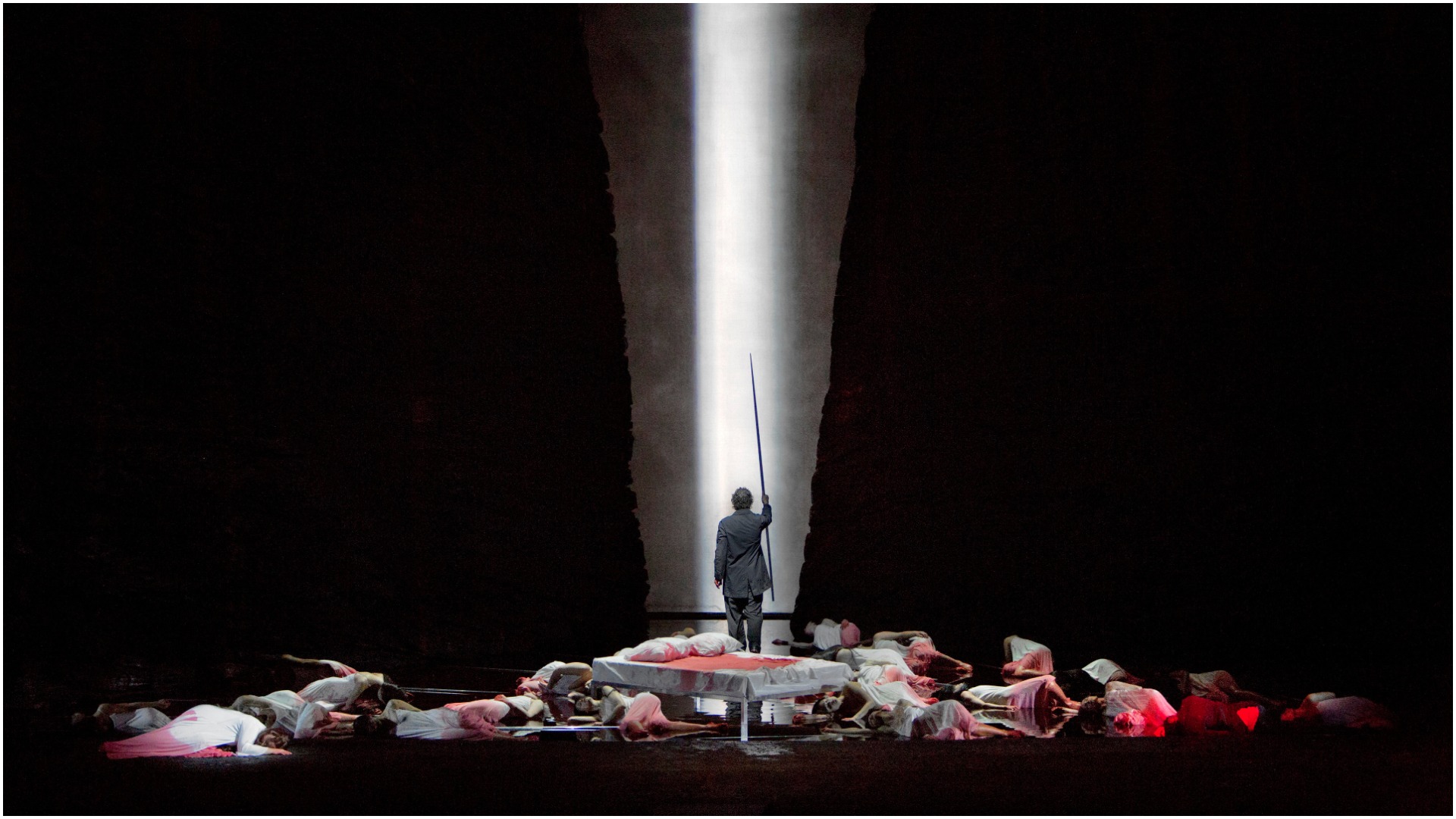
The reason I practically don’t interact in other racialist forums or follow them on Twitter is that they don’t feel infinite hatred, and I strongly believe that the only way to save the race is through the amalgamation of your soul, your whole being with the spirit of The Turner Diaries: to be at the right of Himmler during the West’s darkest hour, so to speak. Furthermore, the pundits of white nationalism are ignoring the Christian problem. Counter-Currents posted yesterday ‘Kevin MacDonald’s Individualism & The Western Liberal Tradition. Part 7: White Maladaptive Altruism’ by Ricardo Duchesne. Since the pundits of white nationalism follow MacDonald and not the Führer, they are able of writing things like the following, which appeared yesterday in Duchesne’s article:
The Quakers were “highly principled and deeply Christian, with a powerful sense of fairness and egalitarianism.” They had, in MacDonald’s words, a “genuine empathy for the slaves,” morally outraged by “acts of great injustice done to their fellow human beings.” The Quakers were also “highly egalitarian” in their institutional organization; “there were no bishops or ordained ministers, and any person (including women) could speak.” They emphasized the “intellectual and moral equality of African slaves.” Although the Methodists were more into self-help, diligence, and hard work, they too believed that all humans were equally valuable, and that’s why they opposed slavery.
MacDonald’s point is not that whites were wrong to seek the abolition of slavery. His aim is to understand the excessive moral preoccupation whites exhibited about the plight of Africans coupled with their current pathological empathy for aggressive immigrants occupying their lands. In light of this reality, and the complete indifference Muslims have to this day about their thousand-year-old enslavement of Africans, these Puritan-descended movements do seem incredibly naive, child-like, and devoid of realism. What is there to admire about this?
I will make the argument that the eighteenth century was period of “radical change” in the conception of the Western self…
The 18th century? I would say that the West took a very wrong turn from the 4th century! By targeting putatively genetic rather than ideological altruism (Christian malware) this MacDonald disciple doesn’t directly blame the inversion of values on Christianity pure and simple (not only Quakers): something that Nietzsche detected for the first time in the history of ideas.
Like the Quakers Parsifal was child-like. He felt great compassion for those who suffer, especially King Amfortas, who had fallen out of favour since Klingsor struck him with the holy spear: a wound that was not healing. Nietzsche loved Parsifal’s music but hated the message of his old friend’s last opera.
Musically, I think Parsifal is Wagner’s most accomplished work. The overtures of each of the three acts, as well as the magnificent music when Gurnemanz takes Parsifal into the castle in the first act; the background music and the voices by the end of the discussion between Parsifal and Kundry in the second act, and let’s not talk about the Good Friday music in the third act, are the most glorious and spiritual I have ever listened. No wonder why Max Reger (1873-1916) confessed: ‘When I first heard Parsifal at Bayreuth I was fifteen. I cried for two weeks and then became a musician’.
I recently recycled a Wikipedia text talking about the religious aspects of National Socialism and I don’t see why not to do it again with a wiki passage about Parsifal, albeit with a pro-White spin instead of the philo-Semitic POV of that encyclopaedia.
Some writers see in the opera the promotion of racism or anti-Semitism. One line of argument suggests that Parsifal was written in support of the ideas of Arthur de Gobineau who advocated Aryanism. Parsifal is proposed as the ‘pure-blooded’ (i.e. Aryan) hero who overcomes Klingsor, who is perceived as a Jewish stereotype, particularly since he opposes the quasi-Christian Knights of the Grail. Such claims remain heavily debated, since there is nothing explicit in the libretto to support them. Wagner never mentions such ideas in his many writings, and Cosima Wagner’s diaries, which relate in great detail Wagner’s thoughts over the last 14 years of his life (including the period covering the composition and first performance of Parsifal) never mentions any such intention.
Wagner first met Gobineau very briefly in 1876, but it was only in 1880 that he read Gobineau’s An Essay on the Inequality of the Human Races. However, Wagner had completed the libretto for Parsifal by 1877, and the original drafts of the story date back to 1857. Despite this chronological evidence, Gobineau is frequently cited as a major inspiration for Parsifal.
The related question of whether the opera contains a specifically anti-Semitic message is also debated. Some of Wagner’s contemporaries and commentators (e.g. Hans von Wolzogen and Ernest Newman) who analysed Parsifal at length, make no mention of any anti-Semitic interpretations. However the critics Paul Lindau and Max Nordbeck, present at the world premiere, noted in their reviews how the work accorded with Wagner’s anti-Jewish sentiments. More recent commentators continue to highlight the perceived anti-Semitic nature of the opera, and find correspondences with anti-Semitic passages found in Wagner’s writings and articles of the period.
However, the conductor of the premiere was Hermann Levi, the court conductor at the Munich Opera. Since King Ludwig was sponsoring the production, much of the orchestra was drawn from the ranks of the Munich Opera, including the conductor. Wagner objected to Parsifal being conducted by a Jew (Levi’s father was in fact a rabbi). Wagner first suggested that Levi should convert to Christianity, which Levi declined to do. Wagner then wrote to King Ludwig that he had decided to accept Levi despite the fact that he had received complaints that ‘of all pieces, this most Christian of works’ should be conducted by a Jew. When the King expressed his satisfaction at this, replying that ‘human beings are basically all brothers’, Wagner wrote to the King that he ‘regarded the Jewish race as the born enemy of pure humanity and everything noble about it’.
Here we have once again the pathological altruism of influential Christians, in this case the very king. Not only the 19th-century Quakers practiced out-group altruism (Parsifal felt in-group altruism) but the Germans themselves, even Wagner’s sponsor.
It has been claimed that Parsifal was denounced as being ‘ideologically unacceptable’ in the Third Reich, and that the Nazis placed a de facto ban on Parsifal. In fact there were twenty-six performances at the Bayreuth Festival between 1934 and 1939 as well as twenty-three performances at the Deutsche Oper in Berlin between 1939 and 1942. However, it was not performed at the Bayreuth Festival during World War II.
Today at dawn, yesterday and the days before yesterday I watched the complete Parsifal directed by Daniel Barenboim (another Jew!) and compared it with other representations. It was the first time that I watch it with Spanish subtitles. After finishing my book El Grial I was impressed that in this 1993 performance the spear ended on the Grail cup at the very end. I couldn’t help but compare it to my extremely analogous metaphor in the climax of my book.
But I can’t use Parsifal in my book because the opera is riddled with Christian allusions, and my book is as anti-Christian as the last page of Nietzsche’s The Antichrist. But I also projected myself with what Parsifal says to Gurnemanz: that I lost my path for decades before finding my way back to Amfortas (all of this will seem cryptic to anyone who hasn’t read the book).
 The degenerate music of the end credits is the final insult, after Locke cut off Jaime Lannister’s hand (in the novels Locke is a cruel man sworn to House Bolton, considered by Roose Bolton as his best hunter). Again, if the Germans had won the war what music would we hear in the end credits of films today?
The degenerate music of the end credits is the final insult, after Locke cut off Jaime Lannister’s hand (in the novels Locke is a cruel man sworn to House Bolton, considered by Roose Bolton as his best hunter). Again, if the Germans had won the war what music would we hear in the end credits of films today?